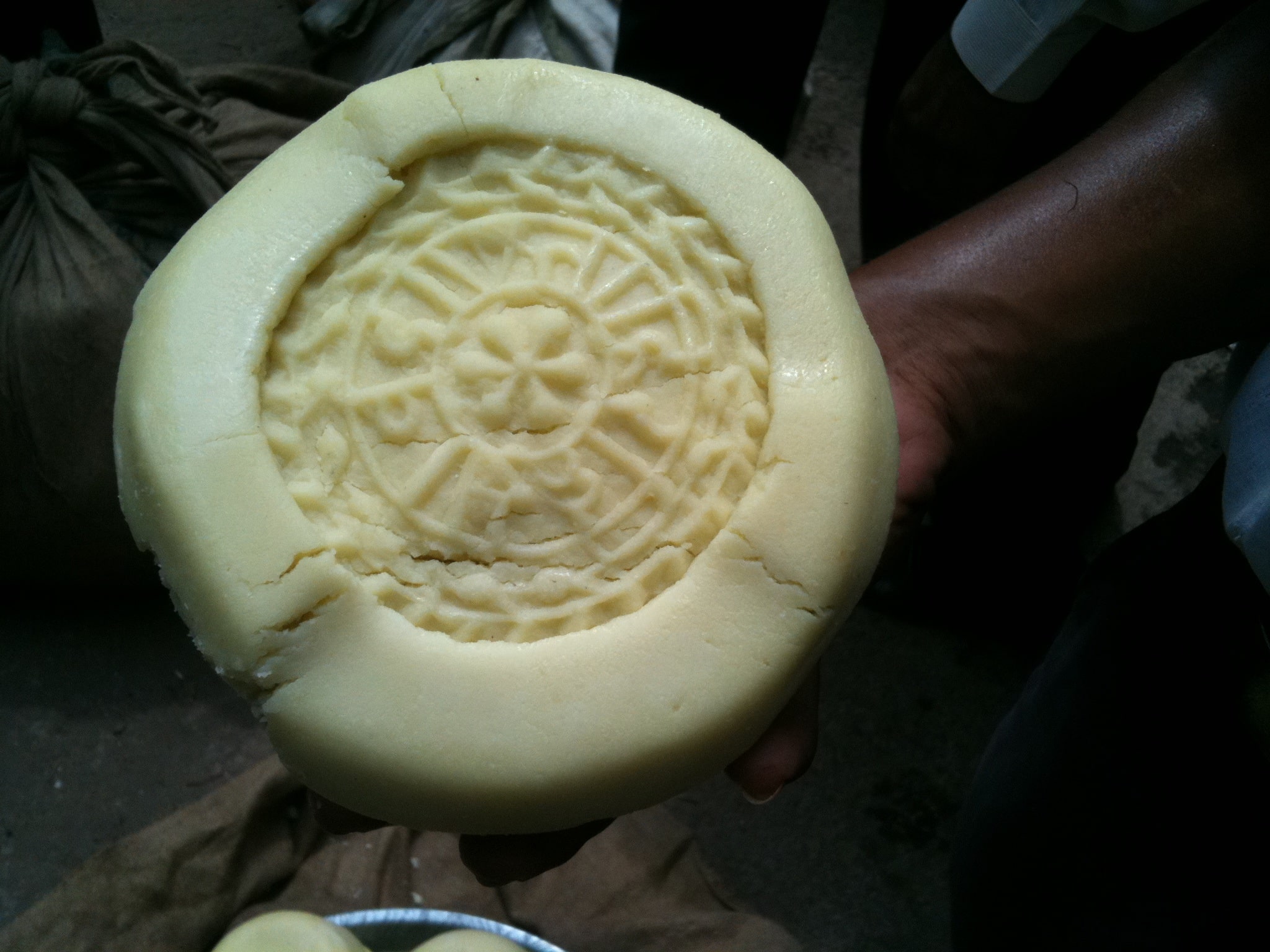To tackle the menace of adulteration , FSSAI has pulled in National Collateral Management Services Ltd (NCML) for the time bound completion of the Milk Product Survey 2020. NCML will provide the needed infrastructure support and help the food safety regulator in conducting the survey of dairy products, mainly khoya or mawa which is widely used for preparing sweets.
The survey would be carried across all states and union territories of India simultaneously and would cover areas up to the district level. The State Food Safety officers (FSO) would be involved in the sample collection. They would send the samples to their respective State labs. The FSOs have been advised by the regulator to collect five samples and it should be ensured that preservatives should not be added while collecting or transporting samples from the shop to the lab and ensure cold chain and aseptic conditions are maintained throughout the chain.
Also Read: Nilon’s launches campaign with Utsav Sweet Box
FSSAI had said that dairy products are more susceptible to adulteration during the festive season, particularly due to mismatch in demand and supply. The food safety regulator in an official statement had said that the whole exercise is aimed at ensuring availability of pure and safe khoya for safe Indian sweets in the country. It highlighted that due to the versatile nature of khoya, it is the main ingredient in an array of Indian sweets like barfi, milk cake, pedas, kalakand and halwas. The regulator said the Commissioner Food Safety of all states were asked to select Khoya mandis in big cities. They were also asked to place mobile labs called Food Safety on Wheels (FSWs) from October 12 – 16, and encourage buyers to get their Khoya samples tested. A similar activity had been carried out by mobile labs at Mori Gate Khoya Mandi between August 31 and September 4. The samples were tested for three parameters, titratable acidity, maximum added starch and added sugar.
In 2019, FSSAI had found that khoya had maximum adulteration with about 50 per cent samples found to be adulterated with sucrose and vegetable fat.

